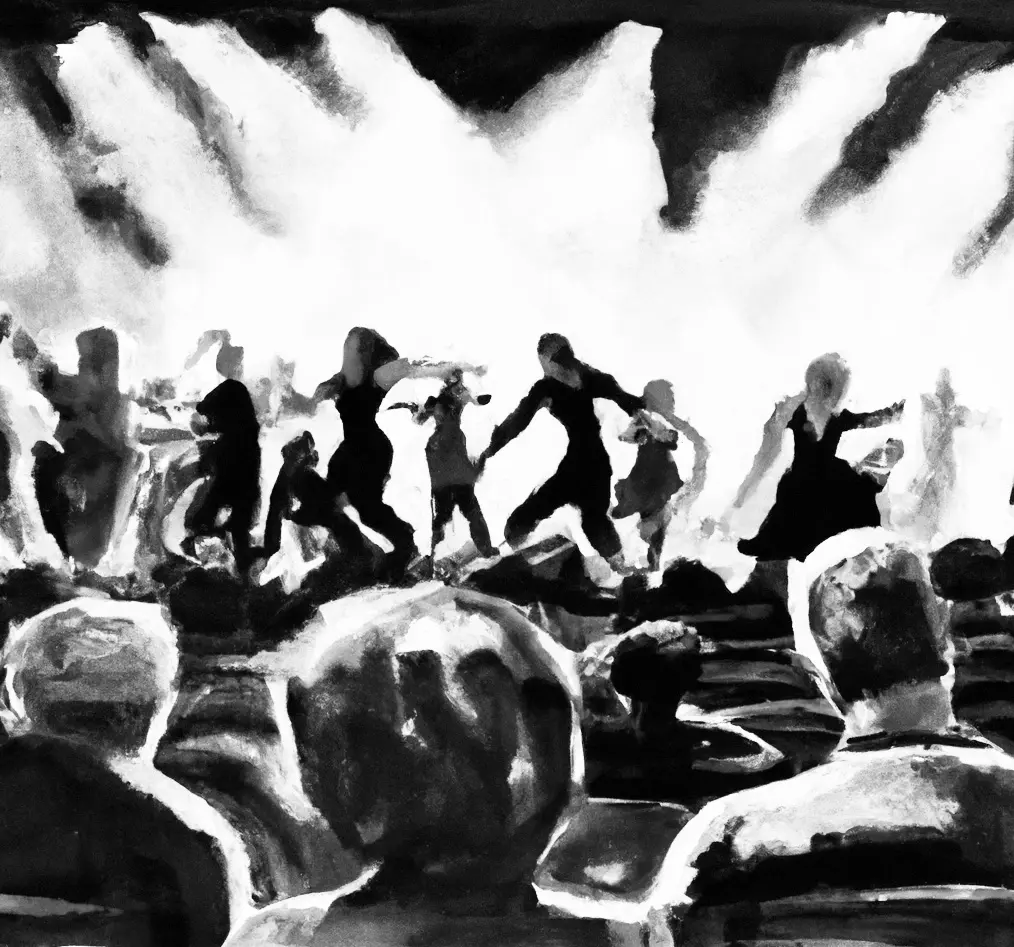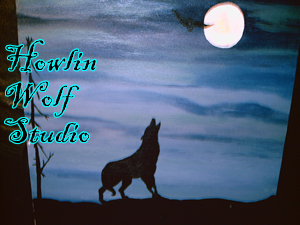
Harry Lee explores the tragic and comic aspects of humanity's individual and collective experience. His extensive research into current and historical events delves into the specifics and the speculations, approached, and perceived, from his skeptic’s point of view. He draws upon the mysteries of the past, and the ambiguities and “alternative facts” of the present, for inspiration.
He puzzles over the mind-boggling but very interesting philosophical inquiries of Absurdism and Existentialism, pursuing how the questions posed therein may be utilized to understand, influence, and affect, the characters, and their motivations in his stories. He is keen to expose the satirical elements of the human condition, from whoever and wherever they may be found.
His feature-film screenplay, NORTHSTAR, offers a very plausible scenario to what may have happened to the $9 BILLION dollars cash that unaccountably went missing during the 2003 invasion of Iraq.
His novel and screenplay of historical fiction, The Lost Gospels of Mariam and Judas, is a secular, rational, non-supernatural, alternative version of the story of the 1st-century Galilean man, Yeshua the Nazarene.
A prior work, Will it Play in Peoria, The Autobiography of the Reverend William Williams, is a retrospective view of the tumultuous 1960's Hippies and Yippies, and the sex, drugs, rock & roll, peace, love, war, harmony, and rage, that defined the era.
He is fascinated by the universality of comparative mythology and comparative religion, with an emphasis on the tribal, bizarre, even primitive-seeming, societal ramifications of the various belief systems, that are unique to only one animal on Planet Earth: Humans.
Harry is a big fan of tall tales told around the campfire, the drama, and the slapstick, of the ancient and continuing story of Homo sapiens. He wonders about our ancestors, and how they became us, and what we, in turn, shall evolve to come to be.
Question: What happenings, from the history of our times, will inspire that future version of ourselves, to create their own tall tales; and how will we, as the characters in their stories, be visualized?
. . . . . . and so, the stories of the Players, those on the stage, and those in the audience, proceeds to an ultimate and unknown, and shared, denouement – we can only wonder: Who? What? When? Where? Why? and, How?

